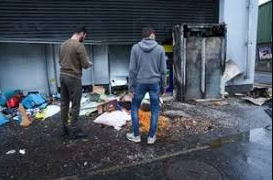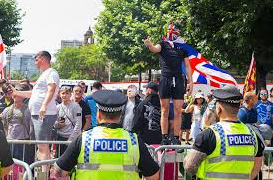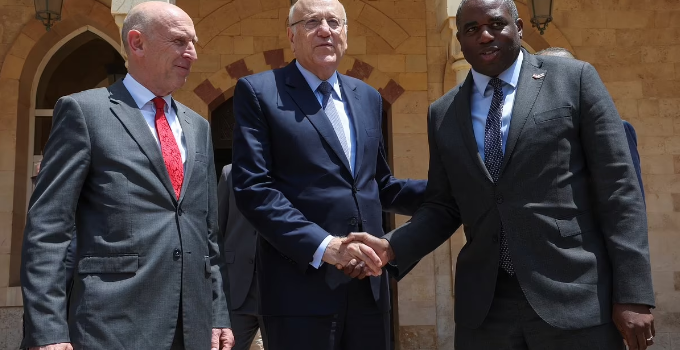
The National Institute of Economic and Social Research calls for significant rise in public investment to improve UK services and address economic challenges.
The National Institute of Economic and Social Research (NIESR) has warned that the UK government must increase public spending by an additional £50 billion every year to secure long-term economic prosperity and ensure public services are brought “up to scratch.” This dramatic rise would boost public investment from the current 2.5% of the UK’s GDP (gross domestic product) to around 5%, with the aim of addressing key economic challenges such as low investment and productivity growth.
Stephen Millard, deputy director for macroeconomic modelling at NIESR, explained that achieving this goal would require either higher taxes, increased borrowing, or a combination of both. He highlighted that the new government faces significant challenges, having inherited an economy marked by low investment and low productivity growth, issues that must be tackled to ensure future prosperity.
In her autumn Budget speech, Chancellor Rachel Reeves signalled that tax increases are likely, following criticism of the state of public finances left by the previous government. While Labour has committed not to raise national insurance, income tax, or VAT, she left the door open for other forms of taxation to fund the necessary fiscal measures, following the cancellation of several infrastructure projects to fill a £22 billion black hole in the public finances.
NIESR’s report stressed that increased public investment in areas like transport connectivity is essential for driving economic growth. Furthermore, the think tank called for changes to the current fiscal framework, improvements in living standards, and a long-term focus on boosting productivity across the UK.
Millard said, “In addition, public spending needs to rise if public services are to be brought up to scratch, and if regions outside London and the South East are to see the regeneration they need. The government also needs to meet the legally binding target of achieving net-zero emissions by 2050.”
NIESR’s latest forecast predicts that UK economic output will grow at an average rate of 1.2% per year during the current Parliament. Unemployment is expected to stay around 4.5%, and while inflation may rise again in the near term, it is expected to return to the target rate of 2% in the medium term.
Adrian Pabst, deputy director for public policy at NIESR, suggested that the government’s mission-driven approach and the establishment of an Industrial Strategy Council could help overcome barriers to effective economic policymaking, such as policy instability, departmental silos, and lack of coordination across Whitehall. However, he stressed that a comprehensive strategy is needed to address regional and local inequalities, urging the government to rebuild state capacity rather than making piecemeal changes.
The think tank’s recommendations emphasize the need for a well-coordinated approach to public spending and investment to address both short-term challenges and long-term growth goals.

















